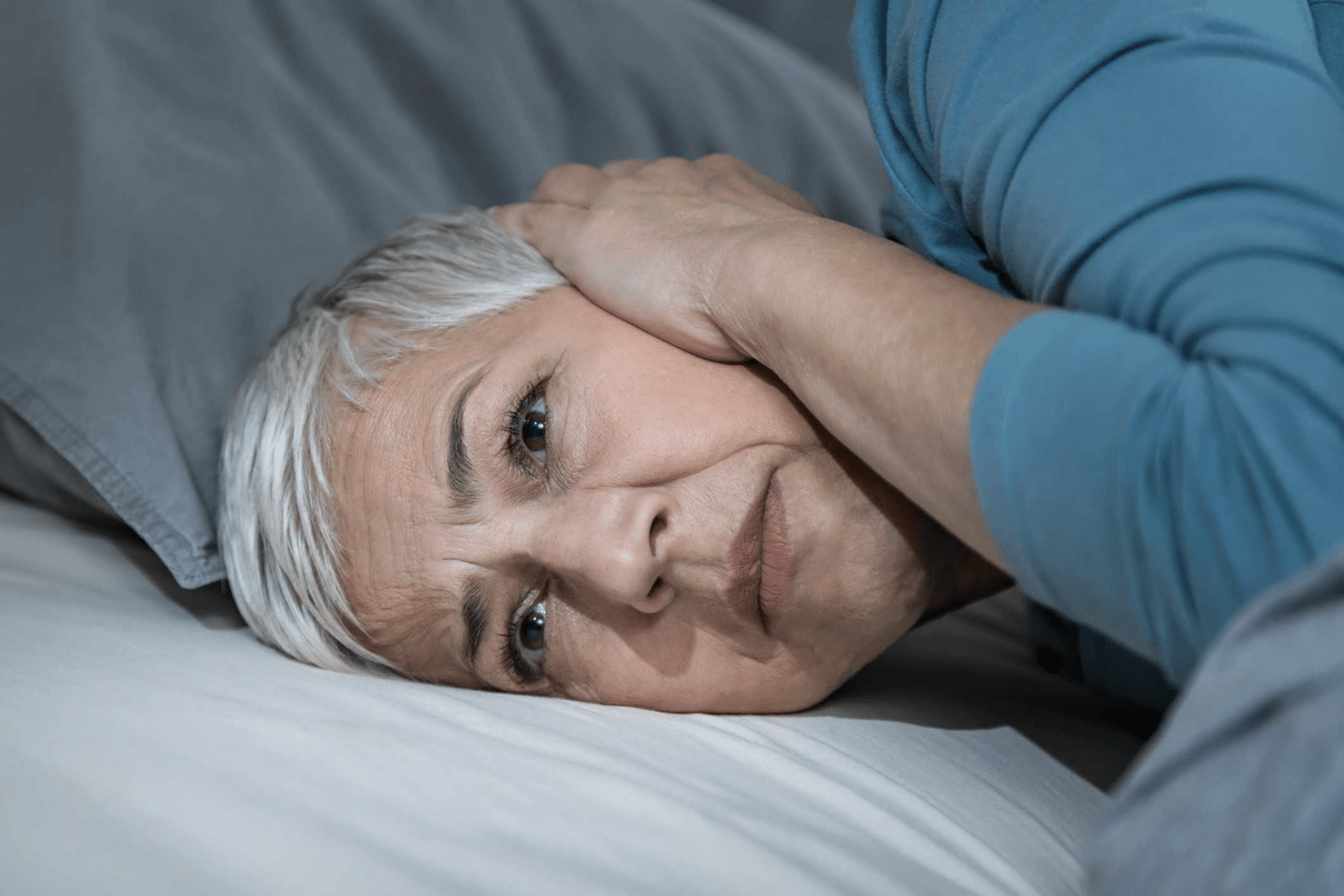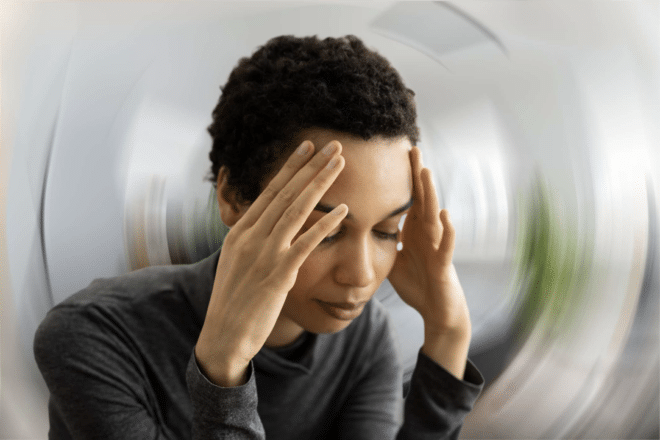Misophonia Symptoms & Treatment for Patients in Michigan
People who feel heightened emotions when they hear certain sounds may suffer from a condition called misophonia. Misophonia translates directly to “hatred of sounds,” and many people with the disorder report that they feel like some sounds drive them crazy. You may suffer from misophonia if you’ve ever felt enraged when you hear people chewing, snoring, breathing too loudly, or experiencing similar situations.
If specific sounds are more likely to cause you to feel angry or avoid certain situations, the hearing care providers at Hear Michigan Centers encourage you to explore options for treatment. Below, we’ve included some important information regarding misophonia, its common associated symptoms, and how patients can appropriately manage it. Contact us today to learn more about misophonia symptoms or schedule an appointment for a one-on-one consultation at one of our hearing care centers located throughout Michigan.
What Is Misophonia?
Although misophonia is translated as a hatred of sounds, this alone doesn’t confirm a diagnosis for the condition. Just because you feel like you hate the sound of a fork scraping on a plate doesn’t mean you suffer from misophonia. Similarly, just because certain sounds are annoying doesn’t mean you have misophonia.
What Can Cause Misophonia?
People with higher levels of anxiety, stress, or compulsive behaviors are more likely to suffer from misophonia. The adverse reaction to certain sounds can often develop when a person has a high level of anxiety or is in a psychological state of distress, and they repeatedly hear the sound. It can also happen when a person can’t escape a sound, such as eating dinner with your family at the table, lying in bed, driving in a car, etc.
Misophonia Vs. Hyperacusis
Although a decreased acceptance of sounds characterizes both disorders, misophonia is distinct from hyperacusis because it involves an adverse reaction to particular sounds. Hyperacusis, conversely, involves an adverse reaction to sounds with particular characteristics, whether the volume, intensity, or tone.
Common Misophonia Symptoms & Triggers
Misophonia triggers and symptoms vary widely among the population and can even fluctuate for a person over time. Some examples of sounds that may trigger a reaction in individuals with misophonia include the following:
- Bodily sounds (coughing, breathing, sneezing, snoring, etc.)
- Chewing (gum, candy, chips, popcorn)
- Slurping beverages
- Swallowing food or drinks
- Lip smacking
- Throat cleaning
- Sniffling
- Foot wagging
- Nose rubbing
- Hair twirling
- Pen tapping
- Papers rustling
- Clocks ticking
- Keyboard typing
- Slamming doors
- Crickets or birds chirping
What Treatment Options Are Available?
Misophonia is often treated by combining one or more types of therapies, whether you’re prescribed medication by your primary care physician or get involved in cognitive behavioral therapy with a licensed therapist. A broad range of treatment options have been proposed and utilized successfully for people with misophonia, including:
- Tinnitus Retraining Therapy (TRT) – Tinnitus causes people to hear constant ringing, buzzing, or whooshing sounds in their ears. It’s often frustrating and uncomfortable and can interfere with daily life. Treatments for tinnitus can sometimes be extended to treat misophonia as well. Tinnitus retraining therapy (TRT) involves learning to tolerate noise so it stops causing a person discomfort.
- Cognitive Behavioral Therapy (CBT) – CBT can help patients understand why they react to specific sounds, show them coping strategies to manage adverse reactions, and change negative thinking patterns related to the triggering sounds.
- Dialectical Behavior Therapy (DBT) – This type of therapy involves learning how to manage your emotions through mindfulness, emotional regulation, distress tolerance, and interpersonal effectiveness.
- Relaxation – Practicing relaxation techniques can benefit people with misophonia because they’re working on alternating tensing and relaxing different parts of the body.
- White Noise Machines – White noise machines mask sounds that can trigger reactions, making them valuable devices for people with misophonia. They can be ear-level or room-level, depending on the patient’s specific needs. They’re typically obtained through hearing care providers and can be pretty expensive, so it’s best to verify the benefits of your medical plan before choosing this option.
- Medication – No medications are approved to treat misophonia. However, it’s important to discuss options with your primary care physician, as there could be other medications that can help manage the symptoms of misophonia.
- Hypnotherapy, Biofeedback, & Other Therapies – Other types of therapies are effective in treating some cases of misophonia, including hypnotherapy, biofeedback, and neuro.
The Importance of Addressing Your Symptoms
When addressing any symptoms of misophonia, it’s essential to rule out any medical conditions or disorders that could contribute to the disorder. Discussing your symptoms with a primary care physician will lead to proper referrals for misophonia testing.
Contact Us for Misophonia Treatment Today
While living with misophonia can be frustrating, there are treatment options available for patients in Michigan. It might help to know you’re not alone in your experience with this condition, and while it might seem like others don’t understand what you’re going through, Hear Michigan Centers in on your side. We understand the realities of the condition and take a comprehensive approach to find the best individualized solution for each patient. We’ll examine your ears, conduct an in-depth evaluation, and consider your needs and lifestyle when deciding the next steps.
The Hear Michigan Centers team has years of experience providing comprehensive hearing care services designed to make it easy to get the expert care you deserve. Contact us today to learn more about managing misophonia, or schedule an appointment for a one-on-one consultation with one of our hearing care providers.



